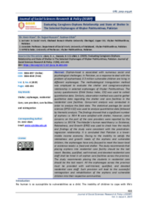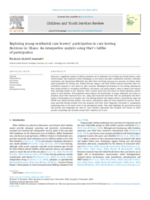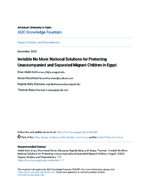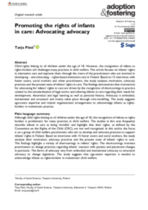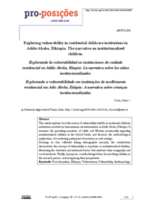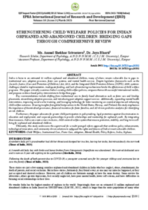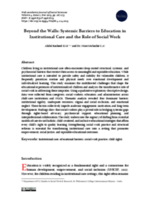Reimagining Family Support Services : Perspectives from Kinship Caregivers
This report presents findings from a 2022 consultation with kinship caregivers across British Columbia, highlighting their experiences navigating children and family services. Analysis revealed the need for recognition and respect for kinship families, improved access to consistent and equitable supports, trauma-informed and culturally grounded practices, and stronger collaboration with service providers, with caregivers’ calls for action emphasizing system improvements to sustain caregiving and promote children’s well-being.


